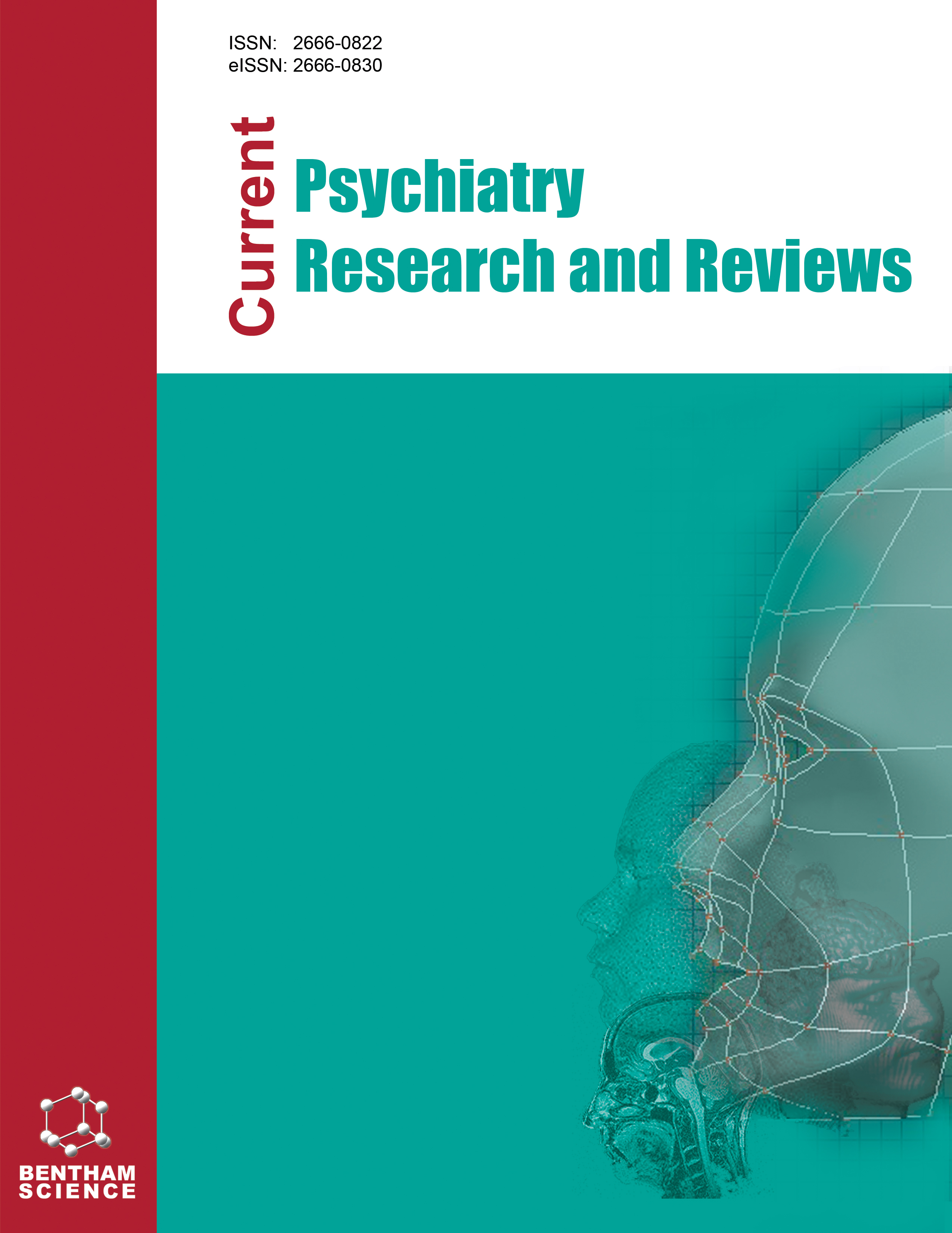
Full text loading...

Cancer remains a significant global health concern, with early detection playing a critical role in reducing mortality rates. However, for LGBTQ+ individuals, timely access to screening and diagnosis is often hindered by psychosocial factors that affect their willingness to seek care. This paper examines the mental health dimensions that influence cancer screening behaviors within LGBTQ+ populations, drawing insights from a study involving 1,547 South Asians. The findings underscore the importance of adopting a mental health-informed approach to enhance early detection efforts. LGBTQ+ individuals, particularly lesbian, bisexual, and transgender people, often face psychological barriers, such as anxiety, mistrust of healthcare providers, and internalized stigma, all of which contribute to lower screening rates. Lesbian and bisexual women may experience additional mental health challenges related to reproductive health, while gay and bisexual men, especially men who have sex with men (MSM), face a heightened risk of HPV-related cancers, often compounded by psychological distress. Transgender individuals encounter further obstacles, including gender dysphoria and the absence of inclusive, gender-specific screening protocols. Addressing these challenges requires the integration of psychological support into cancer screening strategies, improved provider education, and the creation of safe, affirming healthcare environments. Moreover, digital health innovations present an opportunity to deliver accessible, inclusive care, build trust, and encourage greater screening participation. By focusing on mental health and inclusivity, healthcare systems can improve early detection and ultimately achieve better health outcomes for the LGBTQ+ community.